White Papers
Filter by:

Low Voltage Energy Harvesting and Storage for Wireless Condition Monitoring
There is extensive literature regarding the use of high capacity rechargeable batteries as energy storage for EVs and backup power applications, and for 12V rechargeable batteries for use with Solar cells. Less is written about application of rechargeable energy storage technology for wireless sensors (IoT). Applications more commonly discussed might be smart agriculture or smart city application
.png)
Energy Storage for IoT
In this series of articles we will discuss small capacity energy storage technologies that may be applied in wireless sensors, the various technologies available, their characteristics and how they can be leveraged to extend the operating life of a wireless sensor.
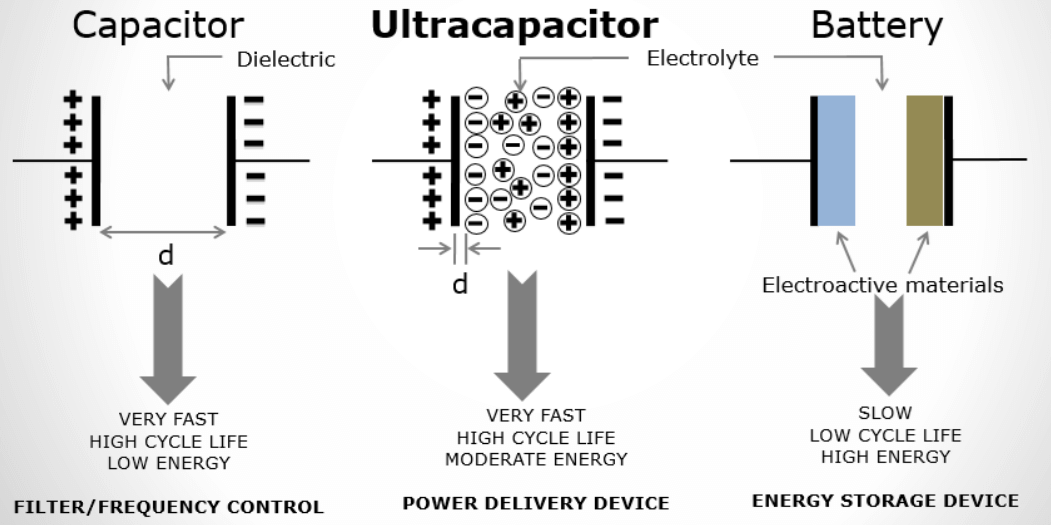
Extending Energy Storage Life in IoT
This article will focus on the use of rechargeable energy storage technologies to improve the operating lifetime of wireless sensors. In particular, we will discuss the characteristics of high Cycle Life technologies such as Supercapacitors, Hybrid Supercapacitors and a lithium based battery technology, Lithium Titanate Oxide (or LTO), with use cases where and how these technologies can be used to
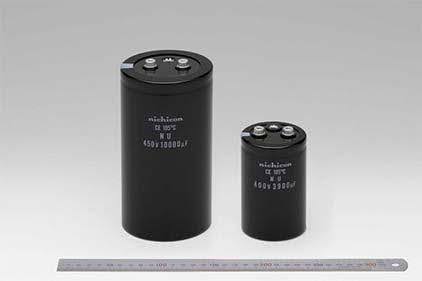
Failure Modes of Aluminum Electrolytic Capacitors
Determining the kind of failure is essential when capacitance has changed by a specific amount outside the nominal value. Depending on the measured value, the capacitor can have a degradation failure below the specified tolerance limit.
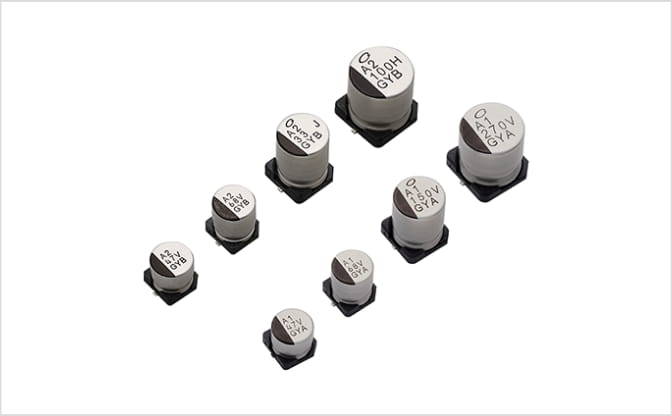
Nichicon Hybrid Aluminum Polymer Capacitor Family: GYA, GYB, GYC and GYD
The GYA/GYB/GYC/GYD family of hybrid capacitors is the most recent development in electrolytic capacitor technology, combining the best attributes of aluminum electrolytic and conductive polymer into a single compact capacitor.
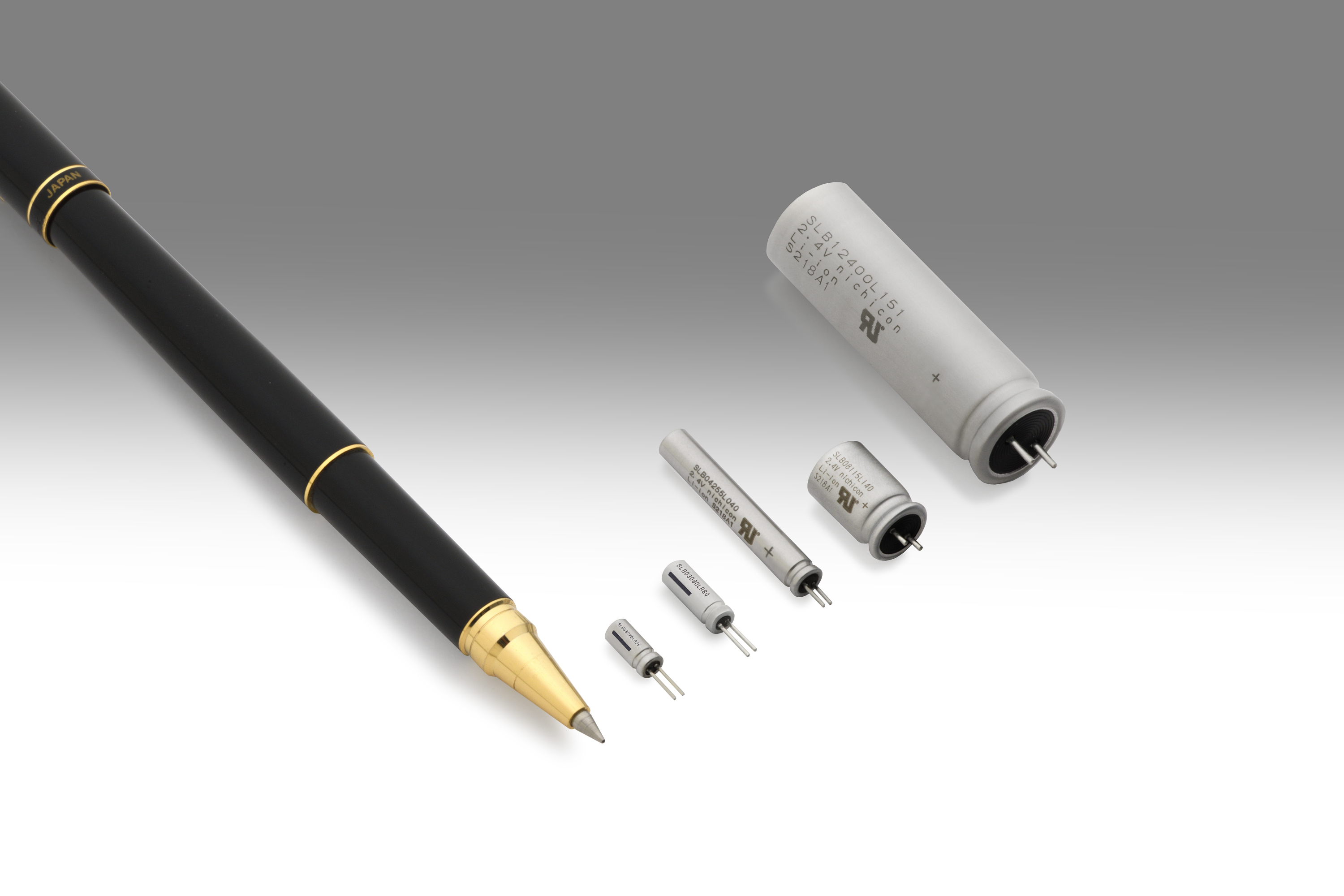
New Li‐Ion Rechargeable Battery in Capacitor Form Factor
Fixtureless circuit board mountable Li‐ion rechargeable batteries offer features of Li‐ion batteries and EDLCs in one.

Electrolytic Capacitors Replacing MLCCs
The demand for components in modern day electronics has never been greater. Even with increased production capabilities component suppliers cannot keep up with demand.
Hybrids vs Polymers vs Aluminums
Aluminum electrolytic, aluminum polymers, and hybrid polymers all have advantages and disadvantages when comparing each one. Designers need to be aware of these differences when determining which capacitor type is best suited for use in their application.
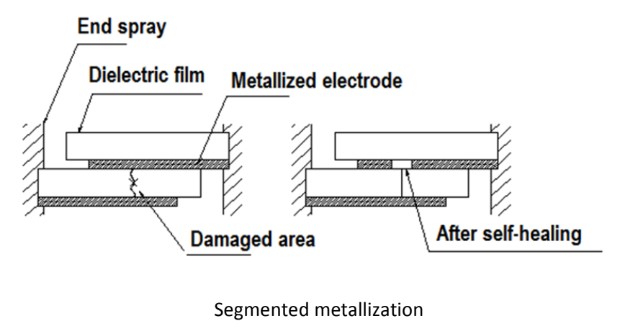.jpg)
Film Capacitors – Segmented Film vs Standard Metalized Film
Nichicon, a world leader in aluminum electrolytic and aluminum polymer capacitors, is also a leading manufacturer of custom power film capacitors. Nichicon utilizes up‐to‐date manufacturing techniques to produce capacitors that meet even the most demanding customer requirements. Our power film capacitors are made using high reliability polypropylene film metallized at our own facilities, ensuring

Impedance, ESR and Xc
In textbooks, capacitors are treated as ideal lossless components. As a result, characteristics such as impedance and capacitive reactance are often considered the same, and the two terms are used interchangeably—and incorrectly.